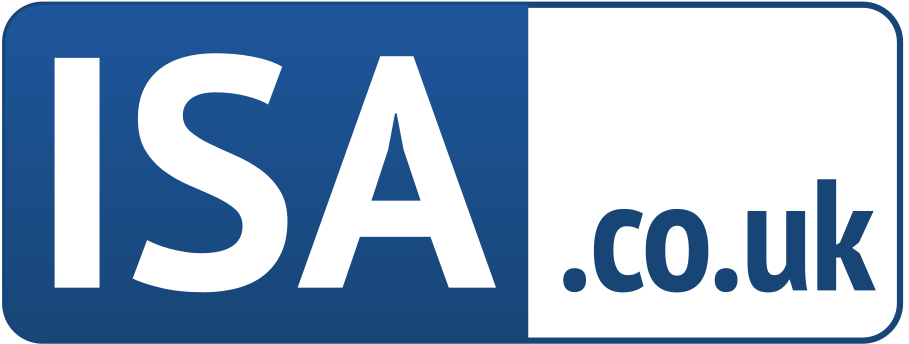s are a first port of call for UK savers however there are different types. We explore the different s available.
What types of ISA are there?
Individual Savings Accounts (ISAs) are the principal method of tax-efficient savings in the UK, and there are several different types to choose from.
Cash ISAs
These are essentially deposit accounts, and they have declined in popularity in recent years. Interest rates are at all-time lows and basic rate taxpayers are now able to earn up to £1,000 interest per year free of tax without using an ISA in any case.
Cash ISAs in one sense provide a risk-free method of saving, in that the account balance is guaranteed not to fall. However, given today’s ultra-low interest rates, there is still the risk that any gains will be lower than inflation, resulting in a loss in real terms.
Stocks & Shares ISA
There is a huge range of different investment options here.
Your stocks & shares ISA monies can be invested in areas such as:
- Government and corporate bonds
- Directly into company shares
- Unit trusts
- Investment trusts
- Open ended investment companies
It’s also possible to focus your investment according to your personal wishes, so you might seek out investment funds that focus on companies in a particular geographical area, or a particular business sector.
Other people simply opt for investments that track well-known stock market indices, or they choose ‘ready-made portfolios’, where they let the experts pick the investments on their behalf.
All stock market-based investments carry a degree of risk, so the value of your investment can fall as well as rise. However, some stocks & shares options are riskier than others, and a skilled financial adviser can help you identify how much risk you can afford to take.
A fundsupermarket is a good way to invest in a stocks and shares ISA providing an extensive range of options.
Innovative Finance ISA
This ISA allows you to invest in the peer-to-peer lending market. Your contributions will be lent directly to individual borrowers and businesses and the borrowers then pay back the borrowed amount, with added interest.
Despite the addition of interest in this way, don’t be tempted to see innovative finance ISAs as being like cash ISAs, only with better returns.
There is the risk that the borrowers could default on their repayments. Unlike other forms of ISA, these investments are not protected by the Financial Services Compensation Scheme should your provider cease trading.
Providers should only promote these ISAs to high net worth or sophisticated investors, given their complexity.
Lifetime ISA
Lifetime ISAs can be opened by those aged between 18 and 39, and contributions can continue until a person’s 50th birthday. It is designed to be used to save for the purchase of a first home, or for retirement purposes.
Contributions can be invested in cash, stocks & shares or a combination of the two. You can access the account when you are ready to purchase a home, or when you reach age 60.
Help To Buy ISA
This is a type of cash ISA to assist first-time buyers saving towards the costs of buying a home. It is no longer possible to open a new account, but contributions can still be made to existing accounts.
Junior ISA
Junior ISAs can be opened in the name of any person under the age of 18.
The account must be opened by their parent or legal guardian, after which anyone can make contributions to the account on behalf of the child. Contributions can be invested in cash, stocks & shares or a combination of the two.
The current junior ISA allowance is £9,000 per child.

